Algorithmic Trading Accelerator
- Multiple diversified algorithmic strategies
- Adjust your position sizing and risk settings how you see fit
- Choose your own broker to limit counterparty risk
- Unparalleled support via community and 0 Percent support team
- Networking community with 700+ members
- Educational training videos to understand trading and how the algorithms work









